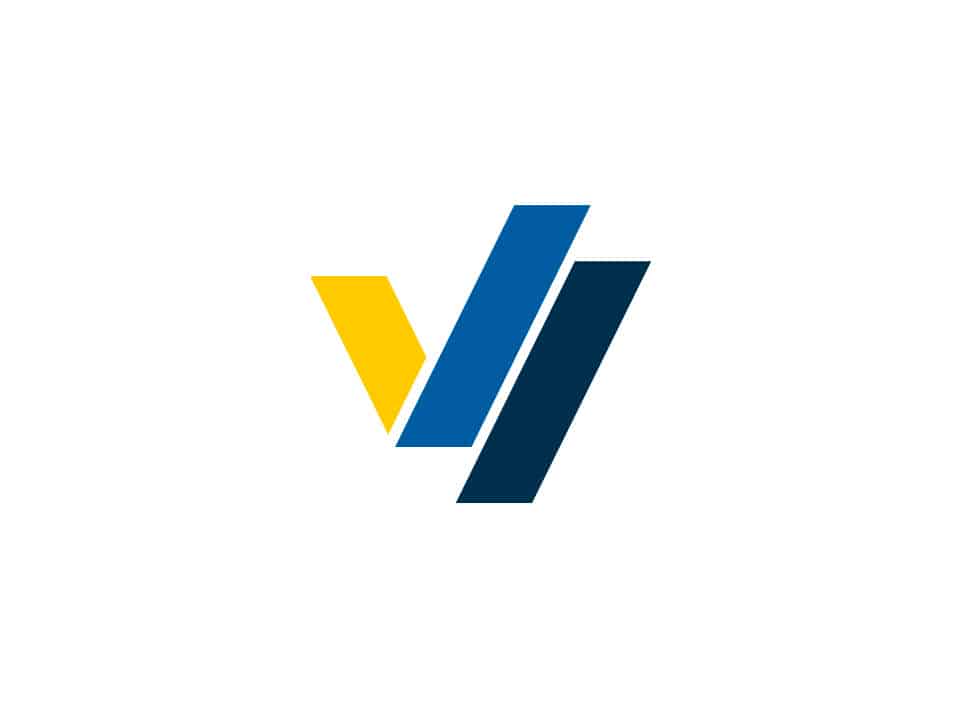
What is the best way to save for retirement? Which products and services should I use now to set myself up for financial security?
Here is what 10 thought leaders had to say.
- Start early and diversify with tax-advantaged accounts
- Control lifestyle inflation & look into estate planning
- Use a high-yield money market for liquidity and security
- Build a side business to fund retirement
- Think beyond just retirement accounts
- Layer retirement plans for flexibility and liquidity
- Automate contributions and use zero-fee funds
- Build a portfolio career based on personal skills
- Protect savings with healthcare and insurance planning
- Create a strategy that balances growth, safety, and flexibility
Start early and diversify with tax-advantaged accounts
Retirement is one of the most important elements of financial planning. Saving at an early age to achieve retirement is the most effective method. Maximize employer-sponsored plans such as 401(k)s and IRAs, which have tax advantages and have the possibility of employer matches. Mutual funds, index funds and target-date funds products are a great long-term investment choice.
Amanda New, Founder, Cash For Houses Girl
Control lifestyle inflation & look into estate planning
People should consider lifestyle inflation. When they experience a pay increase, it can be challenging not to spend on non-essential items. However, they can continue to live as they did before and funnel the difference into retirement accounts or other investment options.
Another important aspect to consider is estate planning as part of the retirement savings strategy. Setting up wills, trusts, and other estate planning tools can prevent hardships or complications in inheritance plans. Effective planning can relieve stress and prevent unforeseen costs for family members.
Josh Qian, COO and Co-Founder, LINQ Kitchen formerly BestOnlineCabinets
Use a high-yield money market for liquidity and security
A high-yield money market account is a smart retirement savings tool because it combines the safety of insured deposits with the benefit of higher interest rates. These accounts are generally insured by the National Credit Union Administration (NCUA) or the Federal Deposit Insurance Corporation (FDIC), providing peace of mind that your savings are protected up to $250,000. It offers liquidity and flexibility, allowing you to access your funds without penalties while still earning competitive returns. This makes it ideal for those nearing retirement who want to preserve capital but still grow their savings.
Michelle Goeppner, SVP of Consumer Lending and Deposits, Vantage West Credit Union
Build a side business to fund retirement
Start a side business that can fund your retirement and provide income now.
I began freelance writing while working full-time. The extra income went straight into retirement accounts, letting me max out contributions years earlier than my salary alone would allow.
Building multiple income streams protects you better than just saving money. The key is picking something you can do consistently. Writing worked for me, but you might prefer tutoring, consulting, or selling products online. Start small and reinvest profits into growth.
Rengie Wisper, Marketing Manager, Palmako
Think beyond just retirement accounts
I learned that having all your money locked up until 65 can create problems. Build multiple buckets: retirement accounts for tax benefits, regular investment accounts for flexibility, and emergency savings for peace of mind.
Start with a 401(k) match if available, then open a taxable investment account with low-cost index funds. This money grows tax-efficiently, and you can access it anytime without penalties.
I keep six months of expenses in high-yield savings, then invest everything else. This approach has given me options when opportunities or emergencies came up.
The goal isn’t just surviving retirement – it’s having enough money to make choices throughout your life. Flexibility matters as much as tax savings.
Paul Eidner, Chief Operating Officer, InboxAlly
Layer retirement plans for flexibility and liquidity
What I’ve realized from experience is that it makes sense to consider retirement plans in layers. The “foundation” is made of accounts intended to grow over the long run, the “second tier” consists of more flexible investments you can tap quickly if opportunities or challenges arise, and the “third layer” includes long-term assets like a home or business. Doing it this way spreads both risk and opportunity, making for more security. But for me, retirement planning is no longer as much about finding the one perfect product and more about designing an entire system that makes sense given the realities of business ownership and my personal goals.
Carlos Nasillo, CEO, Riderly
Automate contributions and use zero-fee funds
After 20+ years managing wealth and hosting financial shows reaching 150+ million impressions weekly, I’ve learned that the biggest retirement mistake isn’t picking the wrong investments—it’s starting too late or not adjusting your strategy as life changes.
Here’s what I tell families: Start with Roth IRAs, especially if you’re younger. I had a client who began contributing $500 monthly to a Roth at age 25, and by 45 she had over $400,000 tax-free. The math is brutal—waiting even five years to start can cost you six figures in retirement. For products, I consistently recommend zero-fee index funds because fees are retirement killers that compound against you.
The game-changer most people miss is treating retirement planning like batch cooking–something I write about for busy parents. Set up automatic contributions and review annually, not daily. I’ve seen too many people panic-sell during market dips or chase hot stocks. One mom I worked with automated everything: $600 monthly split between her 401k (up to company match), then Roth IRA, then taxable accounts with broad market ETFs.
Don’t forget the HSA if you have access—it’s the ultimate retirement hack. Triple tax advantage and becomes a regular retirement account at 65. I call it the “secret weapon” because you can invest the funds and let medical receipts pile up to reimburse yourself decades later.
Winnie Sun, Executive Producer, ModernMom
Build a portfolio career based on personal skills
The smartest financial move I made was finding I could monetize skills I didn’t even realize were valuable. My weird combination of accounting, drumming, and later web design seemed useless until I found clients who needed someone who understood both numbers and creativity. Start documenting every skill you have—that random hobby might become your retirement income stream.
Rather than putting all eggs in one basket, I recommend the “portfolio career” approach even before retirement. While working my nonprofit job, I quietly built web design skills that eventually became FZP Digital. When I left at 60, I wasn’t starting from zero—I had proven I could generate income from this skillset.
The real magic happens when you stop thinking about retirement as an end date and start building something you’d want to do even if money wasn’t an issue. My drumming led to creativity, creativity led to web design, web design led to helping other business owners find their “why,” and that generates income I actually enjoy earning.
Fred Z. Poritsky, Chief Idea Consultant, FZP Digital
Protect savings with healthcare and insurance planning
When it comes to retirement planning, I truly encourage you to treat it as more than saving money, it’s about protecting your savings from the greatest threats to them. Healthcare costs are one of the biggest and most overlooked threats. Medicare is a strong starting point but doesn’t cover everything, so being aware and planning for those shortfalls is critical.
In my experience, the most intelligent retirement plans mix savings with insurance protection. The right Medicare, supplement, or life insurance takes the guesswork of risk out of your retirement plan. I’ve seen it many times, retirement security is not what you save, but what you keep.
Clayton Eidson, Founder and CEO, AZ Health Insurance Agents
Create a strategy that balances growth, safety, and flexibility
The best way to save for retirement isn’t about choosing a single product, but about creating a strategy that balances growth, safety, and flexibility. I always encourage people to think of retirement savings as three key “buckets.”
1. Tax-advantaged retirement accounts. Start with your workplace plan—such as a 401(k) or 403(b)—and contribute enough to capture the full employer match. From there, diversify your tax picture by adding an IRA or Roth IRA. Having both creates valuable flexibility when it comes to managing income taxes later in life.
2. Non-retirement investment accounts. A brokerage account doesn’t carry the same tax benefits, but it allows you to access money before retirement age without penalties. This can be a powerful tool for early retirees, or for major expenses that pop up before age 59 1/2.
3. Safe and liquid reserves. Keeping cash in a high-yield savings account, money market, or short-term U.S. Treasuries provides a cushion for unexpected needs. This prevents you from having to sell long-term investments at the wrong time.
A thoughtful combination of growth assets, stable reserves, and tax planning gives you the highest probability of long-term financial security.
Drew Blackston, Certified Retirement Counselor, Pearl Wealth Group



